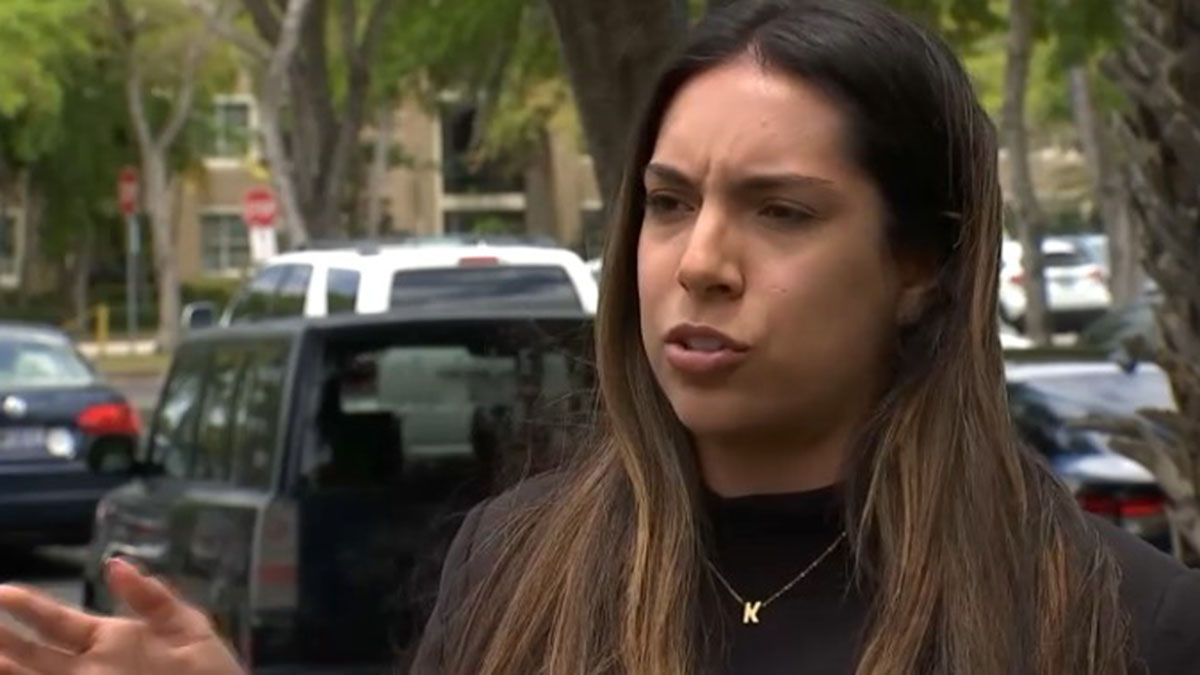With officials from the local, state and national level going back and forth over how to combat the spread of Zika, the U.S. Department of Health and Human Services sent a letter to several Senators reiterating their request for $1.9 billion in funding and urging both chambers to gavel back into session to address the matter.
The letter, which detailed the reasons why the money is needed and the consequences that could come from lack of funding, comes as concern grows throughout South Florida about the possible spread of Zika, following news from the state Department of Health saying a 15th non-travel case has been identified.
In a press release issued Tuesday afternoon, the agency said an additional three travel-related cases have been found, bringing the total to 336 so far. Another non-travel related case was also found. That case, however, was not from the Wynwood area where the previous cases were discovered.
A total of 55 cases have involved pregnant women, who have been advised to avoid the area near Wynwood. Officials recommended testing for residents, pregnant women and anyone who has traveled there since June 15.
A suspected non-travel related case is being investigated in the southwest part of Broward County, near the cities of Davie and Southwest Ranches.
Miami-Dade officials are planning to spray the areas of mass infection, a 10-mile region including Wynwood. The spraying was to begin Wednesday morning, but was delayed until Thursday due to weather.
Broward County will continue spraying in the early morning hours, focusing on the area where the suspected local infection took place.
A local hospital issued this statement regarding dealing with patients from the area:
Below is a statement from @JacksonHealth as we continue to monitor the #Zika virus: pic.twitter.com/xcAYIxtgIC — JacksonHealthSystem (@JacksonHealth) August 2, 2016
The mosquitoes spreading Zika in Miami are proving more difficult to eradicate than expected, the nation's top disease-fighter said Tuesday as authorities sprayed the ground-zero neighborhood, tipped over kiddie pools and handed out cans of insect repellent to the homeless.
Dr. Tom Frieden, director of the Centers for Disease Control and Prevention, said the mosquito-control efforts aren't achieving the hoped-for results, suggesting the pests are resistant to the insecticides being used or are still finding standing water in which to breed in the bustling urban neighborhood.
"We're not seeing the number of mosquitoes come down as rapidly as we would have liked," he said in an interview with The Associated Press.
Mosquito control experts said that's no surprise to them, describing the Aedes aegypti mosquito as a "little ninja" capable of hiding in tiny crevices, sneaking up on people's ankles and breeding in just a bottle cap of standing water.
Local
"We have to totally rethink mosquito control for Aedes aegypti," Doyle said. "It's like a little ninja. It's always hiding."
Florida Governor Rick Scott maintains that the goal of the state is to remain safe during this time and work through the outbreak, while Senators Marco Rubio and Bill Nelson continue to plead for federal funding to help fight the spread.
Miami-Dade County Mayor Carlos Gimenez walked through the Zika zone Tuesday evening in an effort to calm anxiety generated by the CDC's warning.
"The message is its safe to come here," Gimenez told NBC 6. "Obviously, there's a small part of the population that a should avoid Wynwood."
Miami-Dade County mosquito control inspectors went door to door in Wynwood on Tuesday, handing out information, checking tires and other objects for standing water and dipping cups to take water samples from vacant lots, building sites and backyards. In one lush yard, an inspector tipped over a kiddie pool and a cooler full of water.
Because of environmental regulations governing which chemicals can be used as insecticides, mosquito control authorities cannot easily switch to another compound if bugs prove resistant.
Nothing has worked to stop this mosquito elsewhere in the world except for the introduction of mosquitoes modified to pass on genes that kill their offspring, said Michael Doyle, executive director of the Florida Keys Mosquito Control District. And the Food and Drug Administration has not given approval to that approach in the U.S.
Frieden said the difficulty in controlling the mosquitoes is "a reflection of the fact that in this country, we really dismantled the mosquito monitoring and control infrastructure over the past few decades."
"We have blind spots where we don't know where the mosquito populations are and what the susceptibility is to different insecticides," he said.
The U.S. government might have underestimated how difficult it would be to control Zika's spread, said University of Florida public health researcher Ira Longini. But he also said there aren't enough of the disease-transmitting mosquitoes living in and around houses to cause long-term or widespread outbreaks in this country.
"In defense of the CDC and the government, it's a difficult problem to solve," he said.
At the same time, U.S. health authorities have said they don't expect major outbreaks in this country, in part because of better sanitation and the use of air conditioners and window screens.



